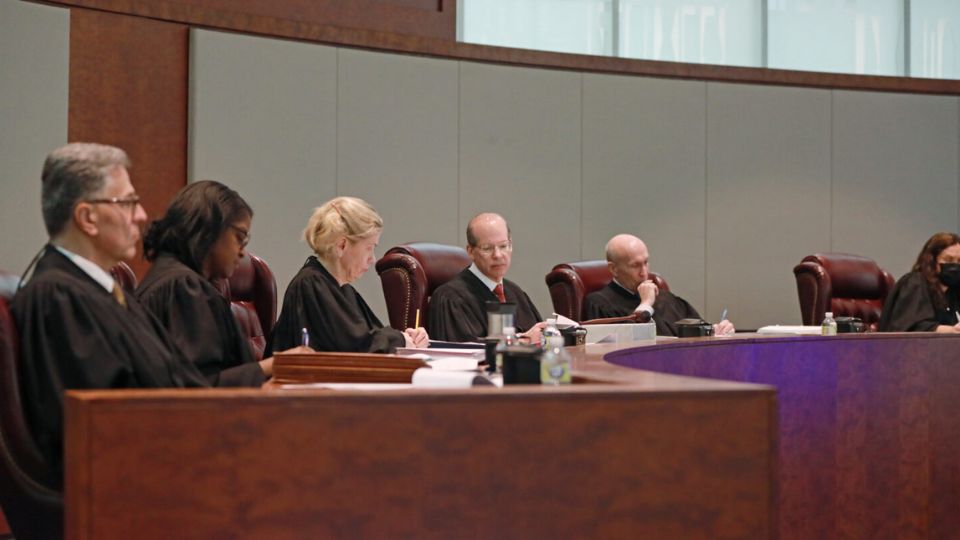On Tuesday, the Supreme Court of New Jersey issued a ruling that non-disparagement agreements do not have any legal standing in the state of New Jersey.
The #MeToo Movement served as the impetus for the state to establish a law in 2019 that prohibited the use of nondisclosure agreements in settlements for allegations of discrimination, harassment, or retaliation that were in violation of the state’s Law Against Discrimination. However, the statute does not prohibit terms that exclude disapproval.
A television interview that took place in 2020 on NBC4 was conducted by Christine Savage, a former police sergeant in Neptune. The interview took place after the settlement of her sex discrimination lawsuit against the police department. When she stated in the interview that the agency had “abused [her] for eight years” and that it continues to be a “good old boys’ system,” the department filed a lawsuit against her, claiming that she had breached a non-disparagement clause.
Also Read: Dreamers’ Legalization on Hold as GOP Seeks Action on Southern Border
Lower courts agreed with the Neptune Police Department and stated that the statute that was passed in 2019 did not include any provisions for nondisparagement agreements. On Tuesday, the state Supreme Court reached a majority decision that the Legislature intended to prohibit any disclosure agreements of this kind, which prevent victims of harassment or discrimination from speaking out.
The verdict protected victims of harassment for the second time this week, and it was issued by the highest court in existence. After Viktoriya Usachenok filed a complaint of sexual harassment while working for the New Jersey Department of the Treasury, she was able to prevail in her case about a confidentially order that she was required to act in accordance with. According to a decision handed down by the Supreme Court, directions that are kept confidential constitute an infringement on the right to free speech.
“It’s a substantial victory for employees’ rights and their constitutional and legal right to speak freely and openly about their allegations or just witnessing incidents of sexual harassment or discrimination,” said Chris Eibeler, the attorney who represents Usachenok. “It’s a massive victory for employees.”



Leave a Reply